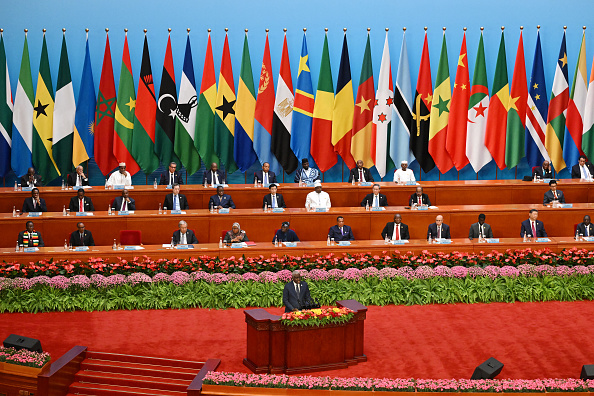Facebook Twitter (X) Instagram Somali Magazine - People's Magazine
The African Union (AU) has called for the immediate execution of a landmark agreement between Ethiopia and Somalia to resolve tensions over Ethiopia’s access to the sea. The agreement, brokered by Turkey, aims to address a contentious issue that has fueled geopolitical friction in the Horn of Africa.
Ethiopia’s Quest for Coastal Access
Since losing access to the sea in 1993 following Eritrea’s independence, Ethiopia has been striving for a reliable maritime outlet. In January, Ethiopia struck a controversial deal with Somaliland, a self-declared independent region of Somalia, to lease a portion of its coastline for a port and military base. In return, Somaliland anticipated formal recognition from Ethiopia.
However, Somalia rejected the arrangement, citing sovereignty violations. This disagreement heightened fears of conflict in a region already marked by instability.
Turkish-Brokered Agreement
After months of negotiations, Turkish President Recep Tayyip Erdogan announced on Wednesday the conclusion of a historic deal between Ethiopia and Somalia. Details of the agreement remain limited, but it reportedly ensures Ethiopia’s “reliable, safe, and sustainable access” to the sea under Somalia’s sovereign authority.
Ethiopian Prime Minister Abiy Ahmed and Somali President Hassan Sheikh Mohamud participated in the Ankara talks. Both leaders agreed to prioritize cooperation and to commence technical discussions by February 2025, with a four-month timeline for resolving any remaining differences.
African Union’s Response
AU Commission Chairman Moussa Faki Mahamat praised the agreement as an “important act” and urged immediate action to implement the measures agreed upon. East Africa’s regional bloc, IGAD (Intergovernmental Authority on Development), also lauded the deal, highlighting its potential to foster amicable bilateral relations.
Challenges Ahead
While the agreement marks progress, unresolved issues remain, particularly regarding Ethiopia’s earlier deal with Somaliland. The memorandum of understanding has not been made public, leaving questions about its compatibility with the new agreement.
Additionally, Ethiopia’s prior tensions with Somalia have strained relations further. In April, Somalia expelled Ethiopia’s ambassador and excluded Ethiopian troops from a new African Union peacekeeping force set to deploy in January 2025.
Strategic Shifts and Regional Implications
Somalia has strengthened ties with Egypt, Ethiopia’s longtime rival, raising concerns over the broader implications of the deal. Mogadishu’s alliance with Cairo could influence regional dynamics, particularly in light of Ethiopia’s ambitions for coastal access.
Ethiopian Prime Minister Abiy Ahmed has maintained that Ethiopia seeks peaceful solutions, emphasizing the country’s disinterest in conflict. However, the complex web of regional alliances and disputes underscores the delicate nature of the agreement’s implementation.
Broader Significance
The successful implementation of this agreement could serve as a model for resolving similar disputes in Africa. It underscores the importance of international mediation and regional cooperation in addressing long-standing geopolitical challenges.

